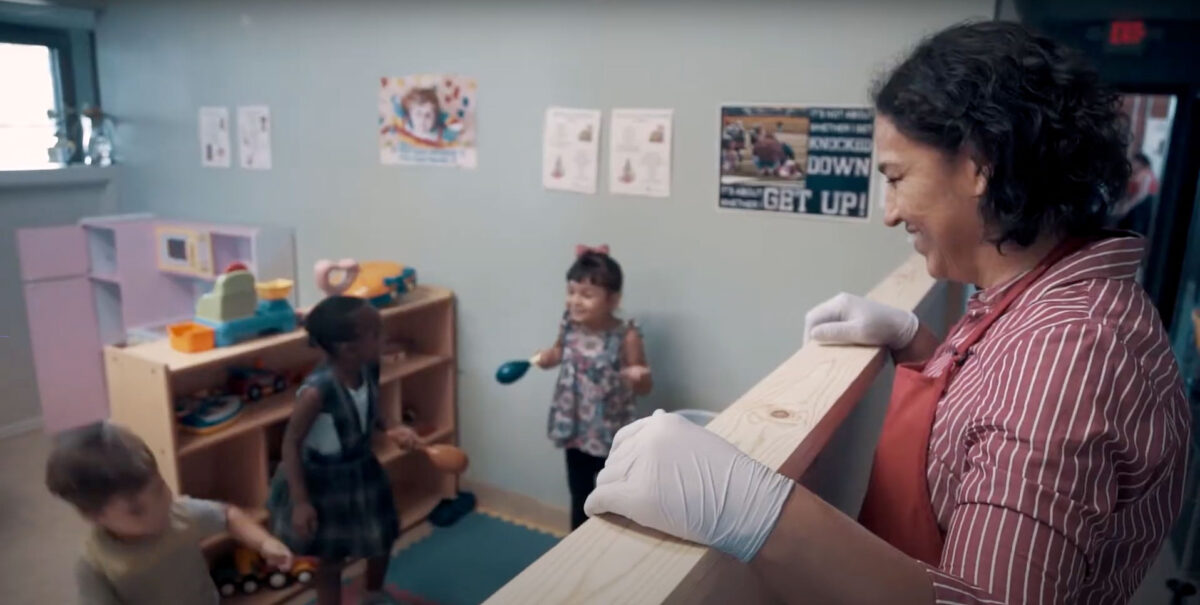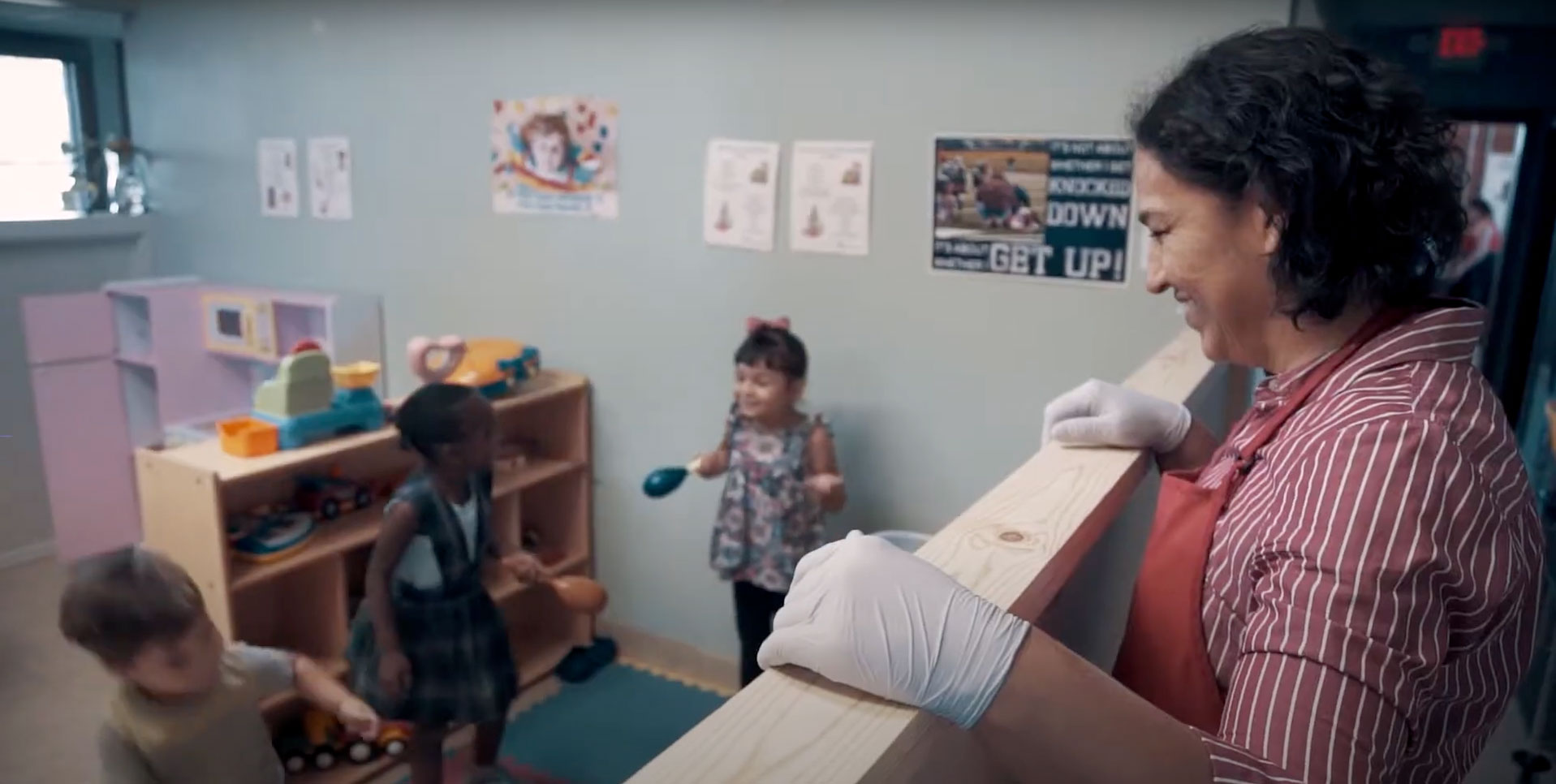
When Silvia Vasquez, a mother of five, started to see her children leave the nest, she found herself at a crossroads. "What am I going to do now?” she asked herself.
The third of eight siblings, Silvia was never a stranger to the sounds of a full house. An immigrant from Chihuahua, Mexico, she has lived in Albuquerque, New Mexico for the past 30 years raising her family.
"Most of my life I've lived with children—first with my little brothers and sisters, then with my children and my grandchildren," Silvia says. “I wanted a cheerful house, a house full of sound.”
This desire led Silvia to transform her home into a sanctuary for children, a decision that not only filled her house with joyful noise once more, but also addressed an urgent need within her community.
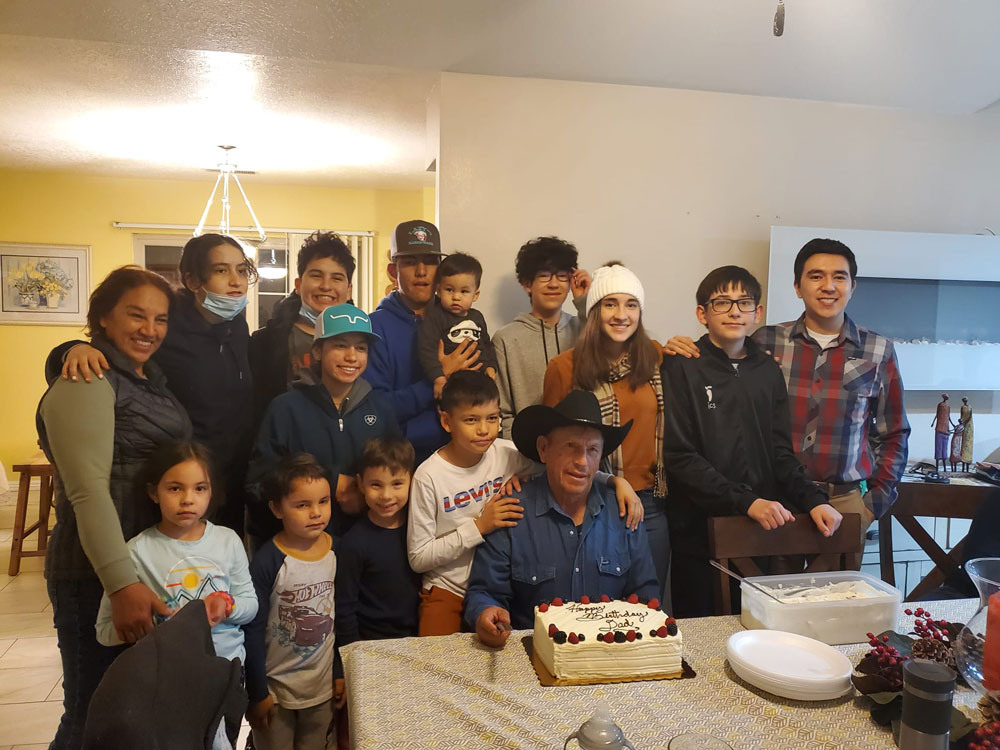
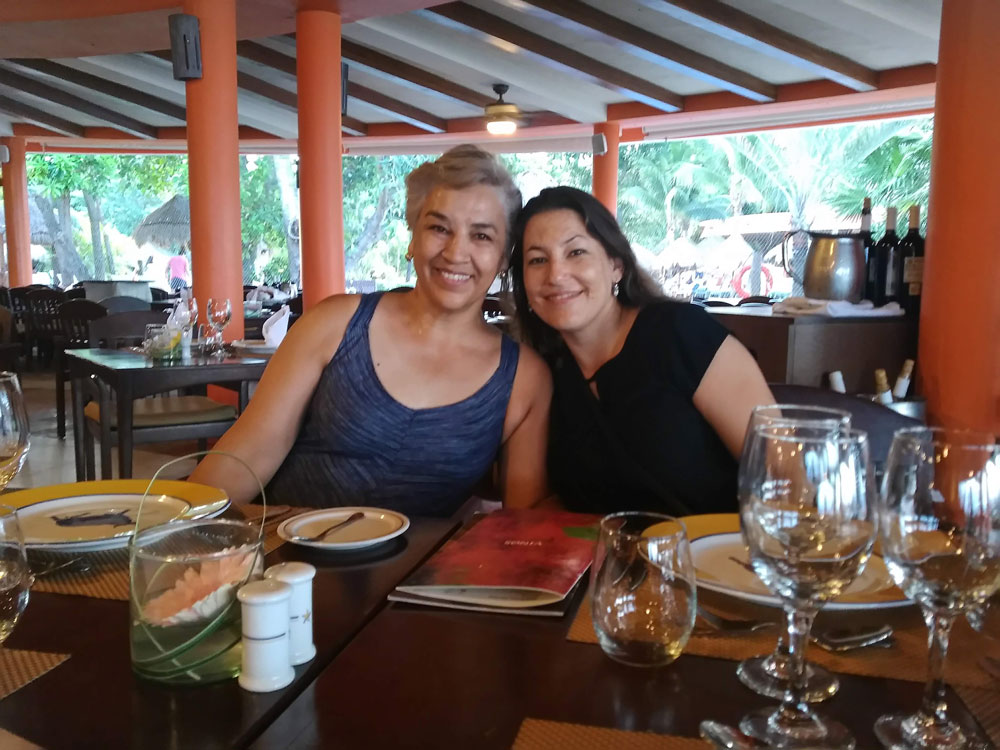
Silvia’s Business Model
Silvia's first daycare began in 2013 with just two children in her living room.
In the beginning, Silvia was earning only $500 per month. Without knowing much about grant opportunities or government support, she struggled to outfit her home-based center, looking for second-hand furniture and thrift store toys. As a non-English speaker, navigating the complex licensing system was very difficult.
But even with these hurdles, her business grew rapidly. "I had a license for 12 children, but more parents were calling me and calling me, asking to put their children here," Silvia says.
Recognizing the need to expand her reach and impact, Silvia, in partnership with her daughter, decided to open a daycare center. In 2017, they pioneered the Caterpillar Clubhouse, located in Albuquerque’s International District. The center could serve up to 40 children, providing hot meals and educational programming for a majority of low-income families.
It was not just a personal venture, but a response to a larger societal issue: the lack of affordable, quality child care options for working families. In the United States, the child care system is often expensive and difficult to access, leaving parents scrambling.
"There are many people in this country who have no family, no one to entrust their children to, who are afraid to leave them with strangers,” says Silvia. “Those families, those mothers, they need care and support. And that's me.”
According to the 2024 National Latino Family Report, 88% of respondents preferred family-provided child care, reflecting the cultural importance of trust and familiarity. Silvia’s center helped bridge this gap by providing trustworthy, culturally-responsive care.
Caterpillar Playhouse was an extension of her home. Silvia prided herself on treating each child “as if they were my own, as if they were my family.”
“I don't like to give the children canned foods or processed food. I want them to eat the food hot out of the pot. The look on their faces when the cook comes into their room to serve them!” Silvia laughs, “Many children don't know how to speak Spanish, but they know how to say ‘Más! Más!’”
Silvia describes the joy of bearing witness to developmental milestones, too.
"I see them when they get their first tooth. I see them when they say their first word. It makes me very happy to see the children learn and grow—happy to serve the community and help mothers in this way.”
Latina Entrepreneurship
Although a startling 60% of child care programs were forced to close during the pandemic—the sector is rebounding, with women entrepreneurs like Silvia leading the way. According to the U.S. Bureau of Labor Statistics, half of child care businesses are minority-owned, 93% of workers are women, and 45% are Black, Asian or Latino. Additionally, Latino business ownership grew 26% from 2019 to 2023—a rate that continues to outpace broader U.S. business growth.
Since the pandemic demand for high-quality affordable child care continues to grow exponentially as parents have felt the strain of rising costs of living in 2023. To answer the call, Silvia and her daughter decided to open a second daycare center.
The Koala Children's Academy had its grand opening in December 2023 The center has benefited from tremendous community support, receiving public and private funds and grants to buy all new furniture, cribs, beds, and toys.
Additionally, Silvia received down payment and loan assistance from Homewise to secure the real estate in Albuquerque’s Barelas neighborhood. Homewise is a local New Mexico organization that helps people who are often locked out of property ownership by institutional barriers by providing homebuyer education, financial coaching, and affordable mortgage lending. Silvia’s center can now serve up to 55 children, providing meals, bilingual education, and resources for parents.
After humble beginnings in her own living room with a collection of second-hand toys, Silvia can’t believe how far she’s come.
“It is a spectacular center,” Silvia says beaming. “It has everything, everything for the children. I know that the children will feel at home as they arrive. And that's my goal, to make them feel at home.”
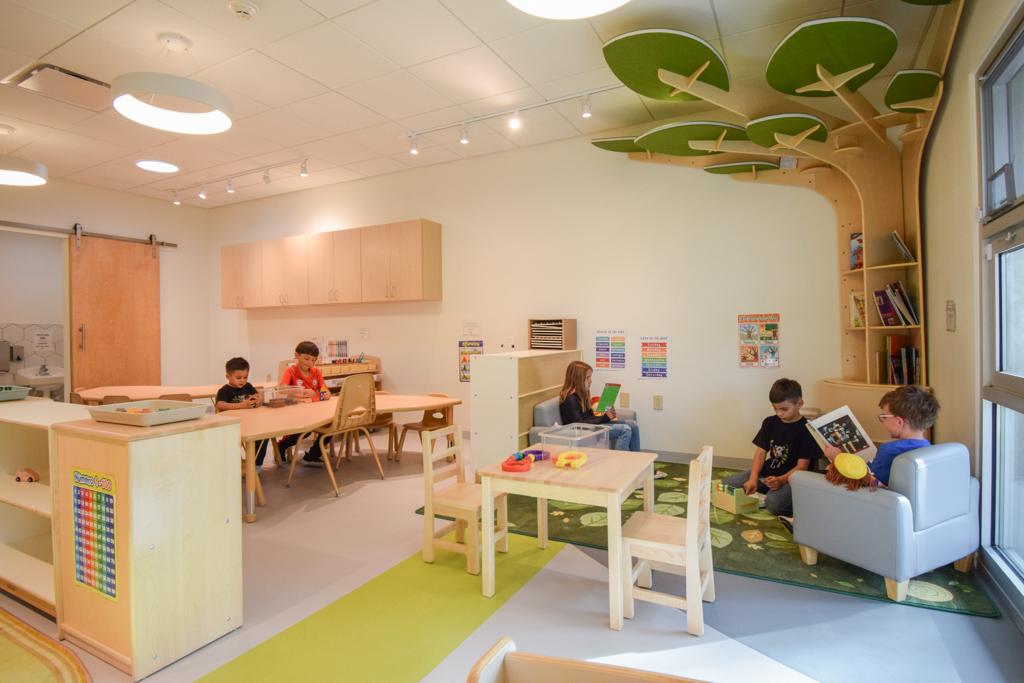
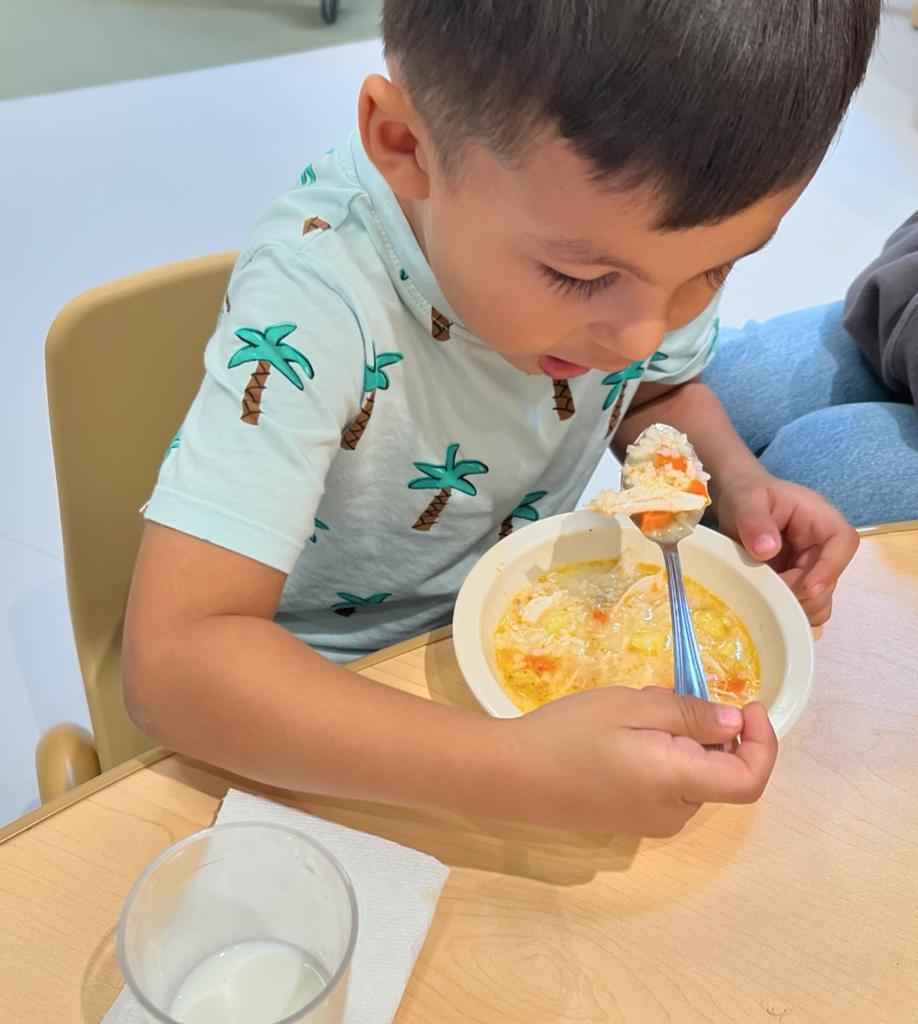
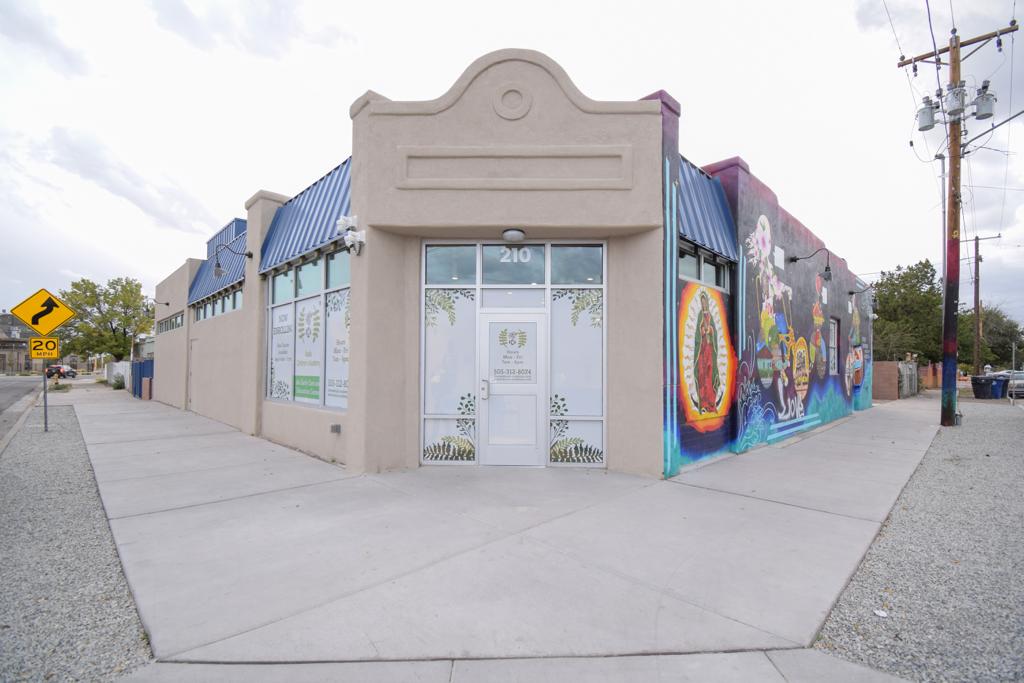

Barriers to Expansion
Despite incredible demand for child care providers, Silvia still faces hurdles.
“Right now we are struggling to find qualified staff,” she says. When Silvia interviews potential employees she asks if they can complete further certifications and training. “They want to, but they don't have the money to pay for classes. They need more support so that they can go to school and learn about child development.”
According to a report by the National Association for the Education of Young Children, two-thirds of child care providers reported a staffing shortage that affected their ability to serve families; of those, 52% were forced to serve fewer children. The shortage is caused by factors including low pay, high turnover, and lack of benefits.
However, Latino families are actively advocating for change in this landscape.
The 2024 National Latino Family Report found 92% of families support funding initiatives to encourage Latinos to earn degrees and credentials, facilitating their entry into the early childhood workforce. This not only addresses the need for more educators but also promotes cultural representation and understanding within the educational system.
Additionally, the National Latino Family Report showed an impressive 93% of respondents support increased compensation for educators, signaling a recognition of the value and impact of quality teaching in early childhood development.
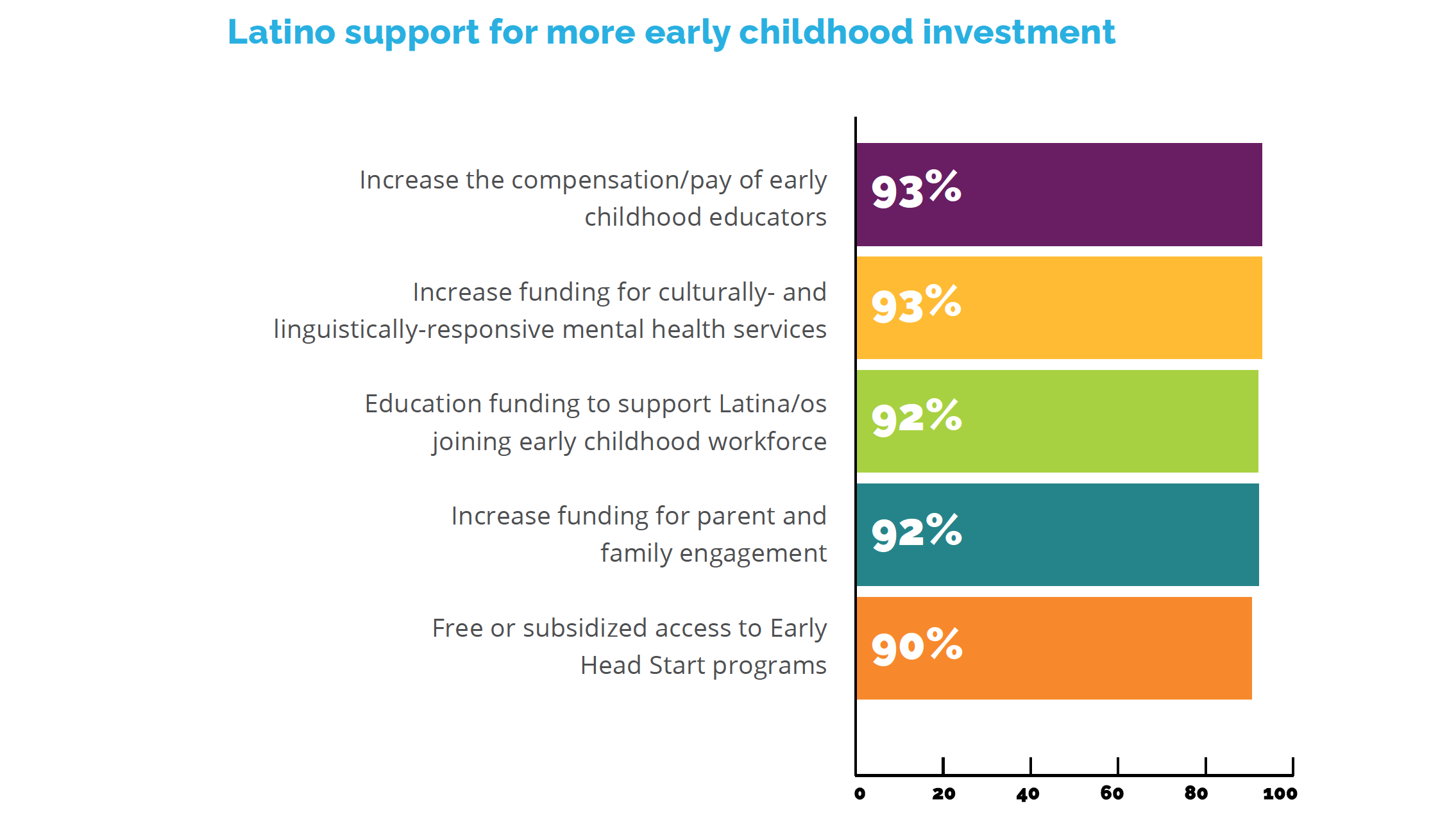
In New Mexico, advocates and voters successfully secured a monumental constitutional amendment that will yield approximately $180 million annually (with projected increase to $250 million in the next five years) for early childhood education. Proposed uses for the funds include help covering child care costs and increased salaries and professional development for early childhood workers.
Right now Silvia is awaiting an application that would provide The Koala Children's Academy with additional funding to help subsidize staff certifications and increased wages.
“God willing, when they open the application, we’ll get help to pay the teachers, to pay for the children’s expenses.”
Generational Impact
As she continues the hard work necessary to make her second location flourish, Silvia’s impact is clear. Her work is a catalyst—inspiring Latinas to embark on their own ventures, driving families to demand quality care, and encouraging policy reforms that make child care accessible for all.
When Silvia embarked on her child care journey over a decade ago, she could not have imagined the ripple effect her compassion and tenacity would have. What started as a small home daycare has blossomed into two thriving early childhood centers providing critical services for low-income and immigrant families across the city.
Child care is not only about entrepreneurship for her; it is about community and serving families without support systems. Silvia's legacy will be measured by the generations she lifted up and the doors she opened for others to follow.
Her compassionate, community-focused model offers solace for hard-working families, and allows the children to experience the simple delights of childhood.
"I love to see the children eating, playing, learning. They are rested, well fed, relaxed,” she says, “That's the life of children.”

